
Amid a deep residue of mistrust, Western cautions on the AstraZeneca and Johnson & Johnson vaccines risk igniting an explosion of damaging anti-vaccine fervour.
In South Africa, health officials paused giving the Johnson & Johnson shot, the only one they have, a repeat blow after dropping AstraZeneca from their arsenal in February.
A report of the New York Time states that far beyond the United States and Europe, the safety scares engulfing the AstraZeneca and Johnson & Johnson vaccines have jeopardized campaigns to inoculate the world, undercutting faith in two sorely needed shots and threatening to prolong the coronavirus pandemic in countries that can ill afford to be choosy about vaccines.
With new infections surging on nearly every continent, signs that the vaccination drive is in jeopardy are emerging, most disconcertingly in Africa.
In Malawi, people are asking doctors how to expunge the AstraZeneca vaccine from their bodies.
In South Africa, health officials have paused giving the Johnson & Johnson shot, the only one they have, a repeat blow after dropping AstraZeneca from their arsenal in February.
And in the Democratic Republic of Congo, not a single person has been vaccinated, despite 1.7 million doses of the AstraZeneca shot languishing in the country since March 2.
In those countries and others, Western colonialism and unethical medical practices have left a residue of mistrust in vaccines, which could harden if the perception takes hold that rich countries are dumping second-rate shots on the global south.
Already, doctors say, the recent pauses have vindicated vaccine sceptics and made many others feel duped.
“People, especially those who were vaccinated, felt like they had been tricked in a way — they were asking, ‘How do we get rid of the vaccine in our body?’” said Precious Makiyi, a doctor and behavioural scientist in Malawi, where health workers have been racing to empty their shelves of nearly expired AstraZeneca doses. “We fought so hard with vaccine messaging, but what has happened this past week has brought us back to square zero.”
African health officials have reacted with fury at the breezy reassurances of American and European lawmakers that people denied the AstraZeneca or Johnson & Johnson shots could be given another vaccine. In much of the world, there are no other vaccines.
And even as American health officials stressed that they paused the use of the Johnson & Johnson vaccine in “an abundance of caution,” they forced global health officials to begin crafting the difficult case that shots unsafe for the world’s rich were still suited to its poor.
What rich countries call caution, poorer nations will experience as a devastating gamble with the survival of their citizens against Covid-19. “Out of an abundance of caution, let us not destroy vaccine confidence in places that only have access to one type of vaccine,” Dr. Alakija said.
The AstraZeneca and Johnson & Johnson vaccines, cheaper and easier to store than the alternatives, are mainstays of global inoculations. AstraZeneca’s shot is being used in at least 118 countries.
Together, the two vaccines account for a third of the portfolio of Covax, the international effort to procure and distribute vaccines.
But it is becoming more apparent by the day that those shots, built on a relatively rugged vaccine platform, are becoming afterthoughts in wealthy nations. After cancelling Johnson & Johnson appointments over concerns about rare blood clots, American states offered people the pricier Pfizer or Moderna vaccines instead.
The European Union said on Wednesday that it had acquired another 50 million doses of the Pfizer vaccine, allowing it to curb the use of AstraZeneca’s vaccine and phase it out altogether next year.
Those decisions, intended for domestic audiences, have nevertheless reverberated in countries where variants are spreading, physical distancing is a luxury and there is no choice of shots.
Health officials fear that any setbacks in vaccinations could cause another massive outbreak, one that overflows hospitals and exports new mutations around the world. In those places, doctors said, the math is obvious: Many more people will die without the AstraZeneca and Johnson & Johnson vaccines than with them.
Amid the clotting concerns, the World Health Organization and African Union have not wavered in recommending the use of the AstraZeneca and Johnson & Johnson’s vaccines. In Britain, AstraZeneca’s vaccine remains the backbone of the country’s speedy inoculation campaign, despite people under 30 being offered alternatives.
The costs of the American approach were already evident in Europe, where many nations stopped and then restarted AstraZeneca vaccinations, only to find that it had become an outsider. Most people in France, Germany and Spain distrusted the vaccine.
South Africa immediately copied the American pause on Johnson & Johnson vaccinations, infuriating doctors who are still clamouring for shots, especially in remote parts of the country. In February, health officials dropped the AstraZeneca vaccine over its limited efficacy against a dangerous variant there.
By Joe Cusmano

 Where Design Becomes a Ritual: Knai Bang Chatt Introduces a New Immersive Escape to Kep
Where Design Becomes a Ritual: Knai Bang Chatt Introduces a New Immersive Escape to Kep 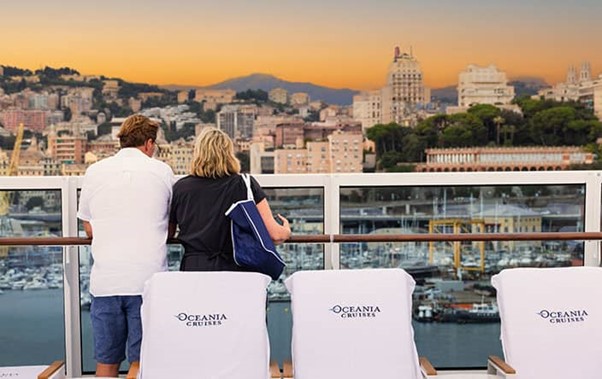 Oceania Cruises Unveils Exclusive Savings and Extras on 140+ Voyages
Oceania Cruises Unveils Exclusive Savings and Extras on 140+ Voyages 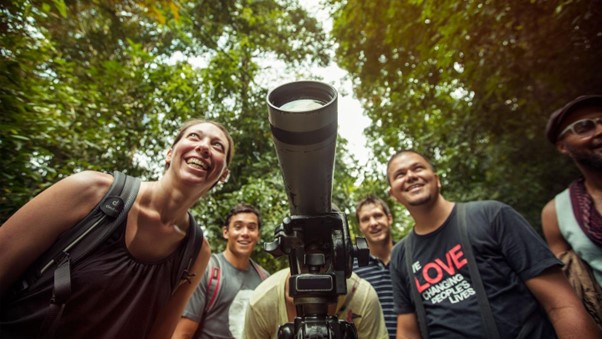 Introducing National Geographic Family Journeys with G Adventures: Connecting Generations Across the Globe
Introducing National Geographic Family Journeys with G Adventures: Connecting Generations Across the Globe 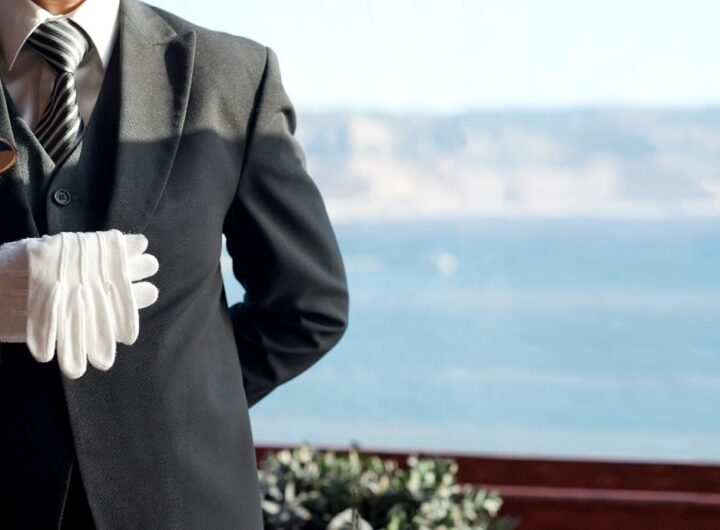 Luxury Reimagined: MSC Yacht Club Arrives on MSC Magnifica
Luxury Reimagined: MSC Yacht Club Arrives on MSC Magnifica  Princess Cruises Unveils Its Spectacular 2026-27 South America & Antarctica Season
Princess Cruises Unveils Its Spectacular 2026-27 South America & Antarctica Season 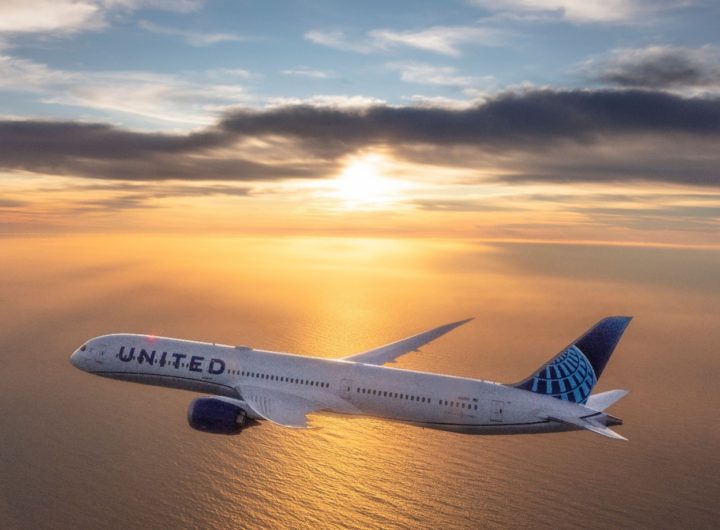 United Airlines Launches Adelaide-San Francisco Route and Expands to Bangkok, Ho Chi Minh City, and Manila
United Airlines Launches Adelaide-San Francisco Route and Expands to Bangkok, Ho Chi Minh City, and Manila  AmaWaterways Launches Fresh Brand Identity, Encouraging River Cruisers to ‘Follow Their Own Current’
AmaWaterways Launches Fresh Brand Identity, Encouraging River Cruisers to ‘Follow Their Own Current’  Marriott Bonvoy Launches Global Promotion Offering Bonus Points and Elite Night Credits Across 30+ Brands
Marriott Bonvoy Launches Global Promotion Offering Bonus Points and Elite Night Credits Across 30+ Brands  MSC Cruises to Stream 2026 Global Soccer Tournament Live Across Its Entire Fleet This Summer
MSC Cruises to Stream 2026 Global Soccer Tournament Live Across Its Entire Fleet This Summer 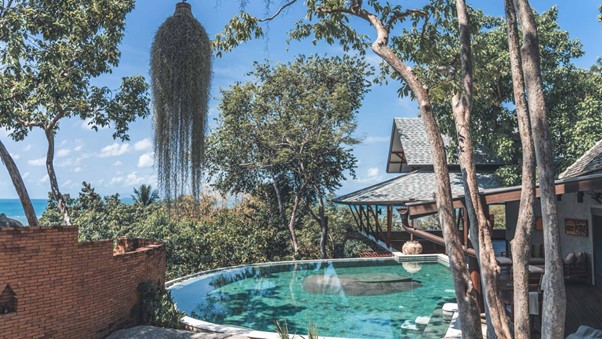 Five Reasons to Visit Kamalaya Now: Inside the Next Era of Thailand’s Legendary Wellness Sanctuary
Five Reasons to Visit Kamalaya Now: Inside the Next Era of Thailand’s Legendary Wellness Sanctuary 